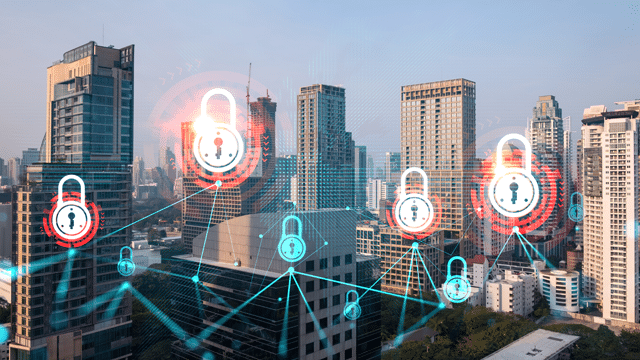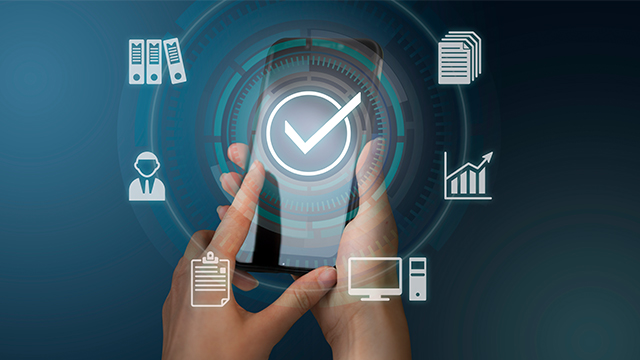In the age of instant communication and digital everything, the need for secure and efficient document signing has grown exponentially. Gone are the days of printing, signing, scanning, and emailing—a cumbersome process prone to delays and security concerns. Enter the world of PKI and digital signatures, which is revolutionizing how we sign documents electronically, fostering trust, and streamlining workflows.
Demystifying Digital Signatures: Your Electronic Fingerprint
Imagine leaving your unique mark on a document but in the digital realm. That’s precisely what a digital signature does. It’s essentially an electronic seal that verifies the authenticity and integrity of a document, just like your physical signature on a paper contract.
But how does it work? Digital signatures leverage the power of cryptography, the art of securing information using codes. Here’s a simplified breakdown:
- Signing: When you digitally sign a document, a complex mathematical algorithm creates a unique “fingerprint” based on the document’s content and your private key (a secret code only you possess).
- Verification: Anyone with the document and the corresponding public key (a readily available code associated with your private key) can verify the signature. The public key mathematically confirms that the document hasn’t been tampered with and that you signed it using your private key.
Think of it like a two-key lock. Only you have the key to sign (your private key), and anyone can use the other key (the public key) to verify your signature, proving the document’s authenticity and integrity.
PKI: The Trustworthy Guardian of Digital Signatures
While digital signatures offer a secure way to sign documents electronically, they require a robust framework to ensure their validity and reliability. This is where PKI (Public Key Infrastructure) steps in as the invisible guardian, playing a crucial role in the world of digital signatures:
- Issuing Trustworthy Certificates: Imagine having a trusted witness verify your signature on a physical document. PKI operates similarly in the digital world. It relies on Certificate Authorities (CAs) – trusted organizations that act like digital notaries. CAs issue digital certificates that verify your identity and bind your public key to you. These certificates work as your digital ID, vouching for legitimacy when signing documents electronically.
- Ensuring Security and Non-Repudiation: PKI utilizes robust security measures to protect the entire process. Private keys are kept confidential, and secure communication protocols ensure data integrity during signing and verification. Additionally, PKI establishes non-repudiation, meaning both parties involved in a signed transaction have undeniable proof of the document’s authenticity and authorship.
- Fostering Trust and Widespread Adoption: PKI fosters trust between individuals and organizations in the digital world by providing a secure and verifiable framework for digital signatures. This trust is crucial for the widespread adoption of digital signatures across various sectors, from business contracts to legal documents and even personal agreements.
Benefits of PKI-enabled Digital Signatures
Implementing PKI with digital signatures offers several benefits:
- Enhanced Security: PKI provides a robust foundation for securing the entire digital signing process, mitigating the risk of fraud, tampering, and unauthorized modifications.
- Increased Efficiency: Eliminate the need for printing, scanning, and physical mailing, streamlining workflows and saving valuable time and resources.
- Improved Accessibility: Sign documents electronically from anywhere with an internet connection, fostering flexibility and convenience for all parties involved.
- Global Recognition: PKI-based digital signatures are recognized and accepted worldwide, facilitating secure and efficient collaboration across borders.
Embrace a Secure and Efficient Future with PKI
In today’s digital world, PKI and digital signatures are no longer just futuristic concepts but essential tools for secure and efficient document signing. By leveraging the power of PKI, individuals and organizations can confidently navigate the digital landscape, foster trust in electronic transactions, and embrace a streamlined and secure future.
Ready to explore how PKI and digital signatures can transform your document signing experience? Visit Acmetek.com to learn more about our PKI solutions and how we can help you implement secure and reliable digital signing for your needs.





